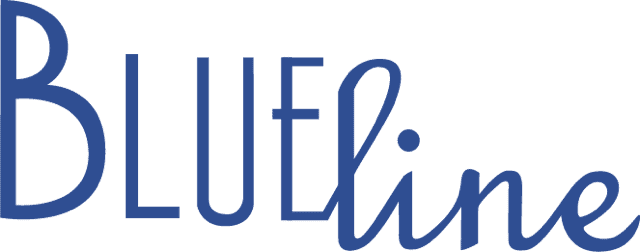Imagine you are the successor to a deeply experienced, beloved leader who recently retired. In your first few months on the job, you make a mistake that costs your company $5 million. (For context, even a $5,000 mistake would likely leave you feeling sheepish.)
I can’t remember the company or find the story online, but I recall hearing about an employee who blew $5 million on a bad decision. After a sleepless night, he decided that the only way forward was to resign, so he reported his decision to the CEO that morning. But he didn’t get the response he expected. Instead of accepting the employee’s resignation, the CEO asked: “Why would I let you leave? I just spent $5 million training you!”
This is an extreme example of leadership embracing opportunities to fail forward. But there are much more cost-effective ways to apply knowledge and gain experience. One of them is using scenario simulations that mimic real-life experiences—in a fraction of the time, without real-life consequences. In today’s business environment, rapid knowledge transfer can’t happen soon enough.
Battling the Baby Boomer brain drain
Determining how to pass on accumulated wisdom has become particularly important as Boomers take their experience and expertise with them in retirement.
In 2023, the entire generation of Baby Boomers reached 59 years of age or older. By 2030, they will be 65 or older. And according to the 2021 Harris poll titled “Boomer and Blue-Collar Refresh”, 47% of younger workers have been left scrambling to learn a job on their own when their employers failed to manage the transfer of knowledge from an outgoing retiree.
Industries across the board are facing the loss of subjective and informal knowledge gained through personal and professional experience, along with unwritten tribal knowledge (such as product or service information) that exists in the minds of only a few employees. The failure to transfer this institutional knowledge causes gaps in quality, productivity, customer service, and relationships.
Along with providing opportunities to navigate ambiguity and fail forward in a safe environment, in-context simulations also help companies capture and transfer tribal knowledge.
Why organizations need to capture and transfer tribal knowledge
In addition to the obvious need to keep information within the organization, there are numerous benefits to capturing the knowledge and expertise of retiring employees. Doing so can help to:
- Create an environment where employees can learn from each other’s experiences, fostering innovation and the development of new ideas
- Mitigate the risk associated with losing critical information when employees retire, ensuring continuity and stability
- Streamline training processes for new hires by providing a structured repository of best practices and lessons learned
- Encapsulate the organization’s unique culture and values as it evolves
- Consistently deliver high-quality products/services and maintain and enhance customer satisfaction and loyalty
- Adapt more swiftly to changes in the market, technology, or internal operations
- Empower employees with a sense of ownership and engagement with the organization’s goals and values
- Use a repository of past experiences and lessons to make informed decisions
Not your grandma’s simulation
Helping learners, leaders, and successors fail forward and gain tribal knowledge (quickly) requires a new generation of simulation experience. We recently enhanced our ExperienceBUILDERTM platform to include generative AI as an engine to simulate a broad range of decision-based business challenges. By delivering precise, just-in-time training and performance support and allowing learners to witness the direct impact of their decisions in real time, ExperienceBUILDER develops skills, competence, and expertise with speed, at scale.
You may also be interested in: 5 Responsible Uses for AI as an L&D Leader
Crucially, every simulation we design begins with a deep dive into your organization’s needs, goals, and challenges to capture the correct context and institutional knowledge. Using our experience in human-centered design, we develop challenging scenarios supported by sophisticated characters and complex datasets to achieve desired learning outcomes. Organization-specific parameters are meticulously programmed into the large language model (LLM), providing learners with personalized, contextualized interactions that accelerate knowledge transfer.
Curious to learn more?
We’d love to show you a demo of our next-gen learning technology using the power of generative AI to provide quick, low-cost learning experiences that accelerate knowledge transfer, skill development, performance enhancement, behavior change, and business transformation.


